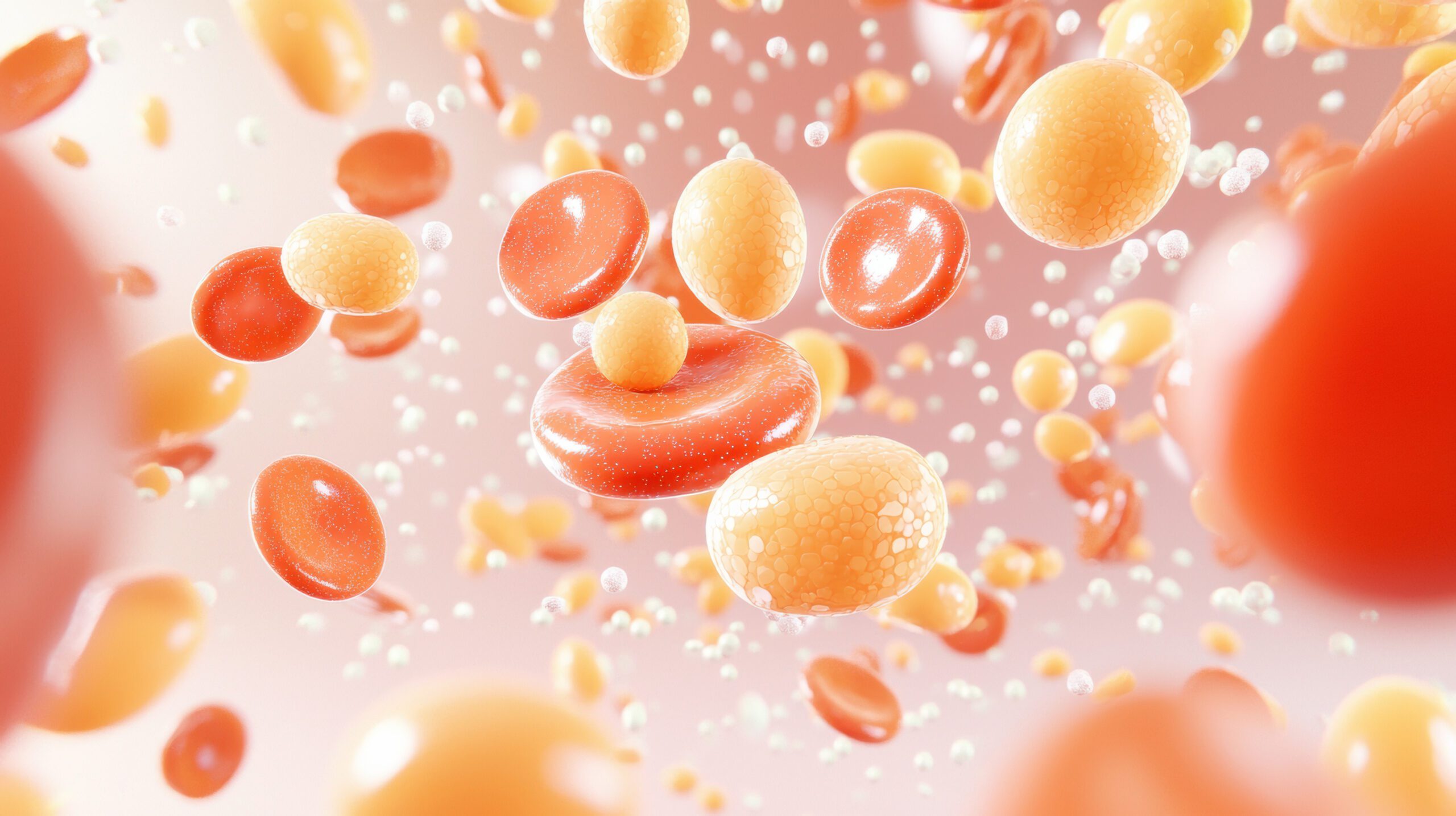Cholesterol is often misunderstood as simply “good” or “bad,” but recent science shows that it’s much more nuanced. The size and type of cholesterol particles play a critical role in understanding your cardiovascular health. Let’s dive deeper into the highway analogy to make sense of it all.
What is Cholesterol?
Cholesterol is a waxy substance that travels through your bloodstream, acting as a vital building block for hormones, vitamin D, and cell membranes. It’s transported via lipoproteins, which come in different sizes and functions. Think of these lipoproteins as vehicles on a busy highway, carrying cholesterol to where it’s needed.
LDL: The Cargo Trucks of Your Body
Low-density lipoprotein (LDL) is often called the “bad cholesterol,” but it’s more accurate to focus on its particle size. LDL is essential for delivering cholesterol to your cells, but problems arise when these particles are too small and dense.
- Small, Dense LDL: These are like oversized, overloaded cargo trucks. They’re more likely to cause “traffic jams” (plaque buildup) in your arteries, leading to blockages and an increased risk of cardiovascular issues.
- Large, Fluffy LDL: These are efficient, spacious delivery vehicles that don’t clog the roads. They’re less likely to contribute to arterial plaque and are considered healthier.
Takeaway: It’s not just about the amount of LDL; it’s about the size and type of particles. Modern tests can measure LDL particle size to give a clearer picture of your cardiovascular health.
HDL: The Cleanup Crew
High-density lipoprotein (HDL) plays the role of the tow trucks on the highway. HDL helps clear away excess cholesterol, transporting it back to the liver for recycling or excretion.
- Higher HDL Levels: More tow trucks on the road mean better cleanup, reducing the risk of plaque buildup.
- Lower HDL Levels: Fewer cleanup crews can lead to more leftover cholesterol in your bloodstream, increasing the risk of clogged arteries.
Takeaway: Supporting healthy HDL levels is vital for keeping your body’s highway clean and functioning well.
Triglycerides: The Speed Demons
Triglycerides are a type of fat in your blood that provide energy. However, when levels are too high, they become a risk factor for cardiovascular problems.
- Normal Levels: Triglycerides are like cars driving at a safe speed, delivering energy where needed.
- High Levels: Too many triglycerides act like speeding cars, creating congestion and increasing the risk of accidents (cardiovascular events).
Takeaway: High triglyceride levels, especially when combined with small, dense LDL particles, can significantly increase your cardiovascular risk.
Particle Size: Why It’s the Key to Health
Your overall cholesterol numbers don’t tell the full story. It’s the size and density of your lipoprotein particles that matter most. Here’s why:
- Small, Dense Particles: These are more likely to penetrate the arterial walls, leading to inflammation and plaque buildup.
- Large, Fluffy Particles: These move smoothly through your bloodstream without causing damage.
Advanced lipid testing can measure your particle size and number, providing a more comprehensive view of your cardiovascular health than traditional cholesterol tests.
How Choles-T Can Support Your Health
Managing cholesterol effectively requires more than just watching your diet. Our Choles-T formula is designed to support healthy cholesterol levels and promote better particle size and balance. Here’s how:
- Red Yeast Rice: Helps reduce LDL levels naturally by inhibiting cholesterol production in the liver.
- Plant Sterols: Compete with cholesterol for absorption, reducing overall levels in the bloodstream.
- CoQ10: Supports heart health and helps mitigate the side effects of cholesterol-lowering interventions.
Why Particle Size Matters: By supporting better LDL particle size, Choles-T helps your body maintain clear arteries and balanced cholesterol levels, reducing the risk of cardiovascular issues.
Final Thoughts
Cholesterol management isn’t about “good” or “bad” numbers anymore—it’s about understanding the complexity of particle size and function. By focusing on the quality of your cholesterol, rather than just the quantity, you can take a smarter, more effective approach to heart health.
Talk to your healthcare provider about advanced lipid testing and consider incorporating Choles-T into your daily routine for better balance and clearer highways in your body.










